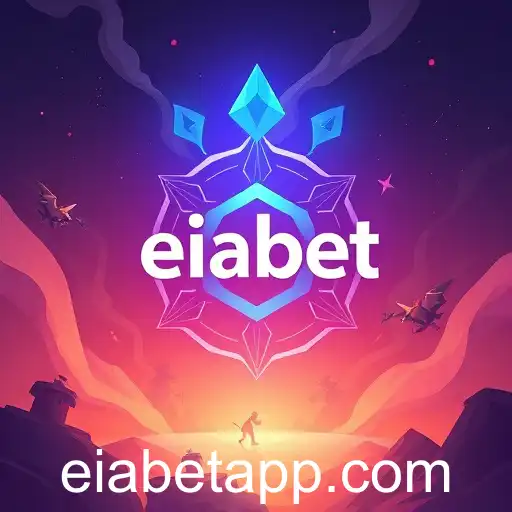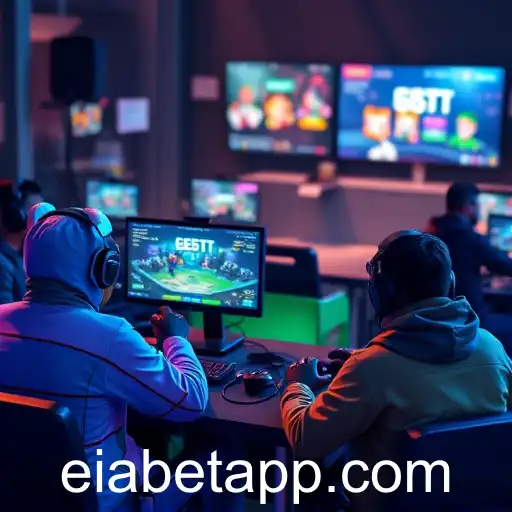
AI Innovation in Education: Bridging Gaps and Enhancing Learning

As 2025 progresses, the integration of artificial intelligence (AI) in educational environments continues to evolve, paving the way for innovative learning experiences across the globe. The use of AI in education is revolutionizing the way students and educators interact with technology, offering new modes of personalized learning, improving assessment methods, and helping educators manage classrooms more efficiently.
One of the major trends is the application of AI in assessing a student’s individual needs. Adaptive learning platforms are gaining traction, allowing for tailored curriculums that cater to different learning styles and paces. This not only enhances student engagement but also ensures that learners are provided with the resources they most need to succeed.
Furthermore, AI-driven tools are significantly transforming classroom management. For instance, AI systems can analyze data to optimize seating arrangements, manage classroom temperatures, or even suggest the best time for breaks. These improvements contribute to a more conducive learning environment, where students can thrive.
However, the rise of AI in educational settings is not without its challenges. A notable issue is the digital divide, which remains a barrier to equitable access to these advanced tools. Many students across different regions do not have the same level of access to technology due to socioeconomic disparities. This gap highlights the need for policies and investments that prioritize connectivity and access for all students, ensuring no one is left behind in this technological evolution.
Governments and educational institutions worldwide are now required to strike a balance between embracing these technological advancements and managing the ethical implications associated with AI usage. Privacy concerns, data security, and the potential for algorithmic biases are at the forefront of this discourse.
The future of AI in education looks promising, especially as collaborations between tech companies and educational institutions grow stronger. These partnerships are vital in developing robust, inclusive, and scalable solutions. As we advance, continued dialogue among educators, policymakers, and technologists is critical in shaping an equitable educational landscape harnessing the full potential of AI.
In conclusion, while AI presents numerous opportunities for improving educational outcomes, stakeholders must address the associated challenges to ensure equitable access and secure, unbiased application of these powerful tools.
The Rise of Eiabet: Transforming Gaming Trends

An exploration of Eiabet's impact on the gaming industry and its innovative contributions.
2025-11-05
The Rise of Eiabet in Online Gaming

Exploring the growing influence of Eiabet in the online gaming landscape and its impact on players and the industry.
2025-11-08
Eiabet Gaming: The Digital Playground of 2025

Eiabet transforms the online gaming arena in 2025 with cutting-edge technology and new interactive features.
2025-11-22
The Rise of Online Gaming in the Cultural Landscape

An exploration of the growing influence of online gaming globally, focusing on platforms like 'eiabet' that are shaping the digital cultural landscape.
2025-10-17






